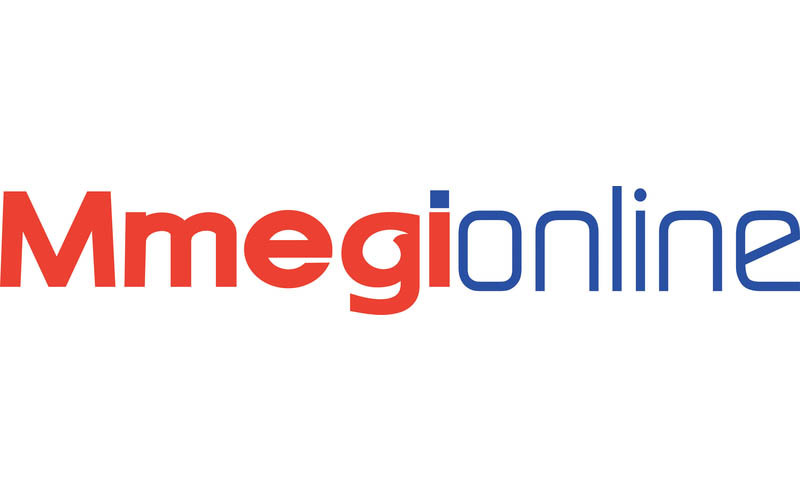Whilst I seek not to impute myself as an authority, I write this under the compulsion that if I didn't, then I would have defied my conscience.
Simply put, journalism is "the gathering, assembling, and presentation of news." It's a trade that leans to the traditional 5Ws and H framework being what, why, when, where, who and how. Basically, a thorough news story must answer the 5Ws&H. This is followed by the inverted pyramid which details that the story structure flows from the lead (most important), the body (other important details) and the tail (extra information). The above has over the years, defined journalistic work. Such a basic understanding was compounded by the need for understanding of media ethics. Ethics guide journalistic conduct pertaining balance, objectivity, fairness, accuracy and truthfulness. However, the advent of Artificial intelligence (AI) has necessitated a shift in ethics. Whilst AI is considered a plus in communications, did it render journalistic duties obsolete? Whilst research and common sense for now argue to the contrary, it’s a resounding NO. It goes without saying that AI aids journalism, similarly it's downside can't be ignored.
How did we arrive here? When did journalists let AI do the "thinking " for them which on its own could be problematic? The fake news of Lesedi Moalosi's alleged execution which made rounds this week is an indictment on journalism. It casts a very dim picture on our credibility. How can it be that AI has replaced routine fact checking as a basic rule of thumb in journalism? Such alarming publications have ability to cause harm, especially to the family, as sensitive as the news is. It's alarming and insensitive to run such stories without due care. What happened to our moral duty of care as well? Did it go down with AI as well? As the media landscape evolves, making access to news at the click of a button, online media must equally embrace the credibility challenge. A journalist duty is that of truth to the public, always. Truth is what a journalist determines as opposed to what a source alleges. Without due care to the ethical tenants of truthfulness, fairness, balance, accuracy, objectivity, it cannot be regarded as journalism. There is no short cut to news verification as it's the difference between credibility and clout chasing. Consequently, let's draw lessons from these shortfalls and better package future news content. Undoubtedly, the world embraces digital/online media but to an extent, it must be taken with a pinch of salt. Let's do away with laziness and verify news stories, betsho! Where to? There is an urgent need for capacity building geared for some of the online media outlets. With all due respect, there are some who know what they are doing.








